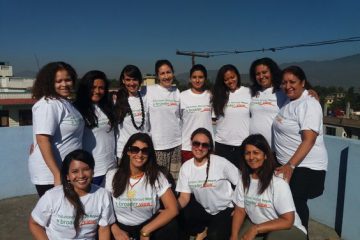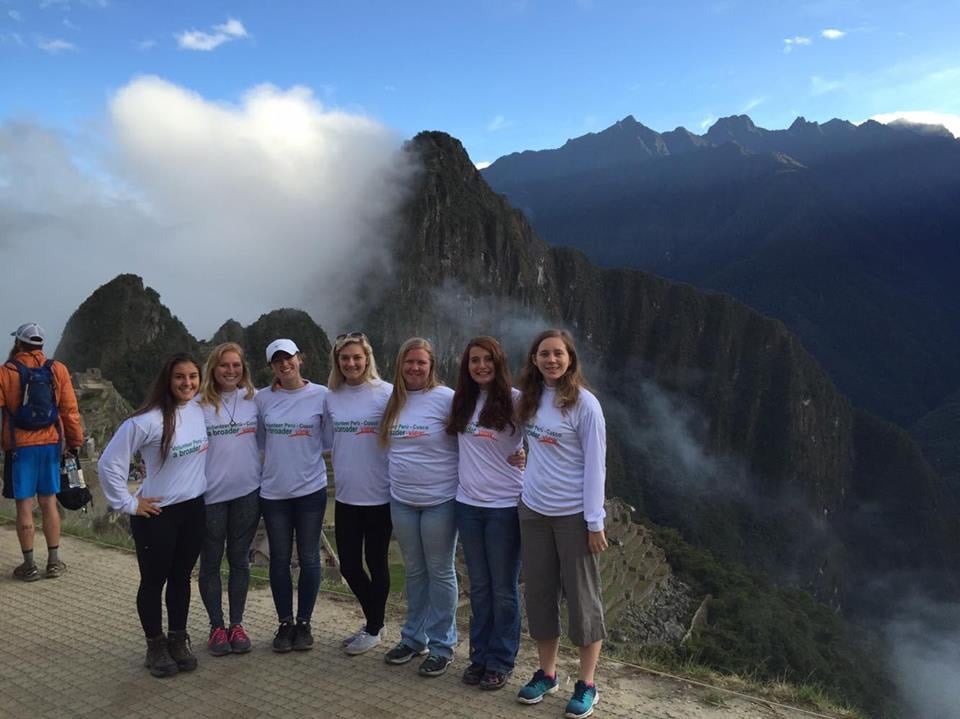1. Does The Website Look Professional And Up-To-Date?
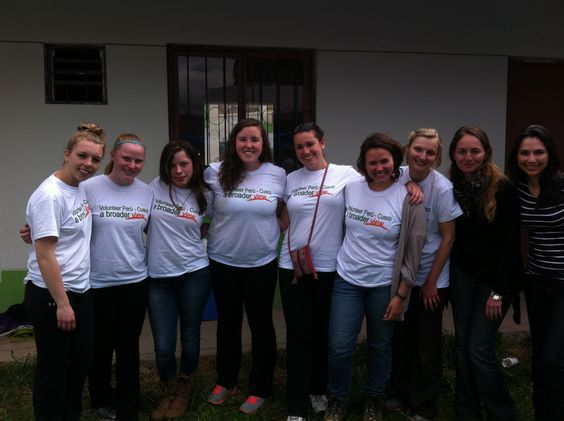
Volunteer Abroad: Your first impression of a volunteer organization usually comes when you look at its website. Trust your intuition and your initial reactions. Is it attractive? Well organized? Full of detailed information? If you’re not sure what to look for, below is a good list of things you should check
Well-composed English – Established organizations will put in the effort to check their website’s content for grammar and spelling errors. If you see a lot of mistakes, or badly written English, it may not be the most professional organization.
Updated information – Is there a timestamp or date at the bottom of the page showing when it was last updated? Does the information mention things that have happened long ago or include past dates? If the website has old information, that means it’s not being checked very often, which does not reflect well on the organization. It also means that the program descriptions or project details may have changed, or the project may not exist at all anymore. If you are really interested in a project, it’s best to speak with the organization directly and make sure the information on the website is up-to-date.

Detailed ‘About Us’ section – The ‘About Us’ section is often the first place a potential volunteer will look to find out more about the organization, therefore, it should be robust, detailed, and properly presented. This is the organization’s opportunity to state its case and give as much information as it can about why it’s the best organization for you. Organizations that have nothing to hide will be forthcoming with the history of their organization, give details about their staff, provide a compelling argument in favor of their organization, and share any achievements and awards. If you see that the ‘About Us’ section is lacking, it may be a bad sign.
Thorough project descriptions – Project descriptions should give you a short background on the host country and a detailed account of the work you would be doing, the accommodations you would receive, what pre-departure requirements there are, a layout of the fees, and perhaps even a mock schedule of what your day as a volunteer would be like.
Helpfulness of the website – Do you feel like you are able to find the answers you need easily? Were most or all your questions adequately answered by the website? A good volunteer organization will structure its website in a way that anticipates the questions you will have, and then answers them in detail. If you feel more confused after visiting an organization’s website, that’s a bad sign.
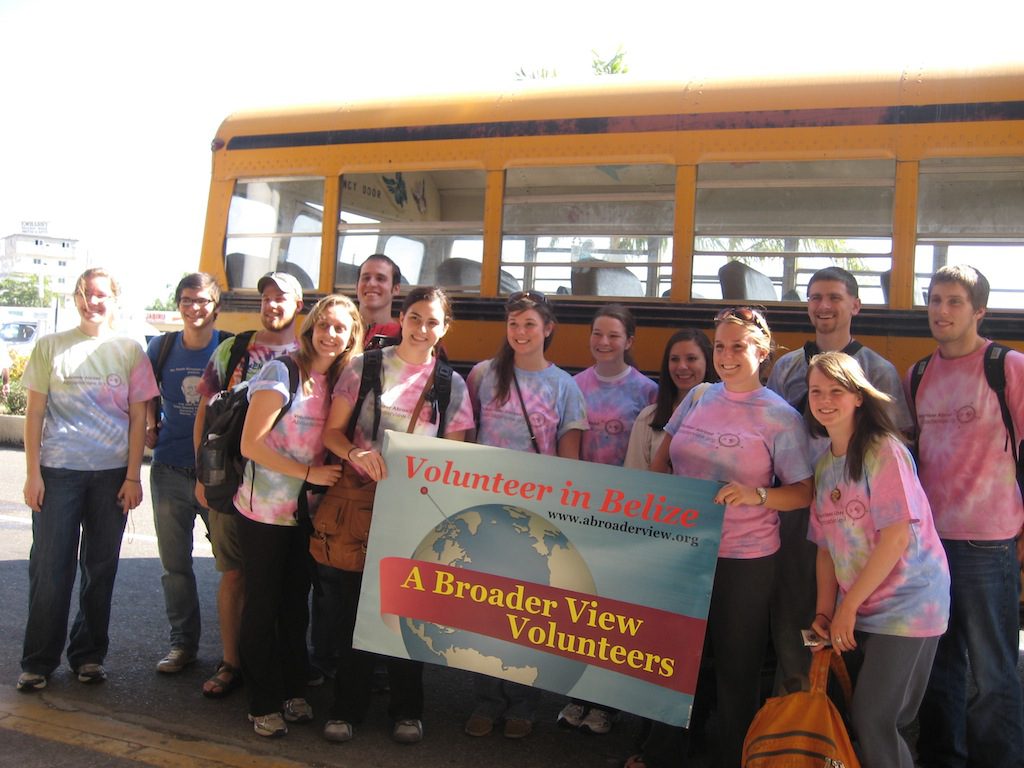
Photographs – A good volunteer organization will show ample photographs of volunteers in action around the world. It’s their chance to give a visual representation of the values and ideals of the organization. What sort of impression do the photographs give you? You should be left feeling excited and positive about volunteering for that organization. Ask for a Pinterest or Flickr picture Board.
Length of time in the industry – While the length of time the organization has existed does not necessarily say anything about its quality, it is more likely that an organization that has been around for 10+ years is more reliable than one that has been around for three. When an organization can stay relevant for a long time, it means they have successfully been serving their volunteers, and have earned enough of a positive reputation to keep receiving applications. Also, the longer an organization has been around, the more reviews it will have. Of course, if there is an organization that looks great and meets all the other criteria, but which is fairly new, that doesn’t mean you shouldn’t trust them. It all depends on what you as a volunteer feel more comfortable with.
Number of projects – The number of projects that an organization offers varies. If you know exactly what type of work you want to do, you may not care if there aren’t many other options. However, if you’re still undecided, you may benefit from an organization with many project options. Also, if an organization can offer many different projects, it means that they have the resources to handle all of them.
Specializations – Check what the organization specializes in. Is it something that interests you? Specializations mean that the organization has established experience in a particular field, and is more likely to put together high quality projects in that field, which means a more significant and meaningful volunteer experience for you. Have they been given any awards for their work in a specific field or been featured in any media outlets?
Location of projects – Obviously, you need to have a good understanding of where the organization hosts projects, to see if they match up with where you’d like to go. Organizations that have a presence on several continents usually have an established reputation and are well known around the world within the volunteer community.
Number of volunteers – A good volunteer organization will usually make it clear how many volunteers they send abroad each year. The number ranges depending on the size of the organization and what they offer. If an organization boasts a large number of volunteers, it usually means they have a good enough reputation that many people want to volunteer for them.

2. Are They Active On Social Media?
Volunteer organizations that know how to serve their volunteers quickly and efficiently usually have some sort of presence on social media, be it through Facebook, Twitter, or otherwise. Here are some tips concerning social media:
Check their Facebook – An organization’s Facebook page may be able to tell you a lot about what they’re like. Have they made recent posts? How often do they post? Is there a section for volunteer comments, reviews, or concerns, and are they answered quickly? Why kind of conversations are taking place on the Facebook page? Reviewing the Facebook page will give you a good sense of the type of community that the organization grows.
Check their Twitter – Do they have a lot of followers? What sort of tweets do they write? Are they tagged in a lot of tweets from others, including media outlets?
Check other social media – They might also have an Instagram, Pinterest, Tumblr, or other social media page that can give you some insight into their organization.

3. Are Their Fees Reasonable?
Volunteering abroad can get pricey, with fees ranging from $300-$3000 for a 2 week project. A good organization will offer reasonable prices without compromising on quality. It’s best to compare prices of many different organizations to see what is best for you, but be weary of a price that seems too low, or too high.
A key thing to remember is that almost all volunteer program fees include accommodation with a host family, at least 2-3 meals per day, in-country volunteer support, and work in a local project and a percentage that they donate back to the community (non-profits: 65%, for profits: 0% and up). These are some other important factors to check:
Is profit the main motive? Do their descriptions make it seem like their main goal is humanitarian aid and helping others, or do they write as if they are preoccupied with taking your money? Non-Profit Organization or For Profit Companies.
Do they outline where your fees are allocated? The most trustworthy volunteer organizations usually have a section on their website dedicated to explaining fees, or list their program fees underneath their program descriptions. Check if there is a breakdown of how exactly your application fee and program fees are allocated.
Where does the money go? While checking that the website shows where money is allocated, check to make sure that part of your program fees are going directly to your host families and the local organizations implementing your project. If this is not explicitly stated on the website, speak directly to a representative.
What is included in your fees? What sort of benefits are you getting? Generally, your costs will cover food and accommodation. Organizations usually do not cover the cost of flights, travel insurance, visas, immunization, or personal expenses.
Are there hidden costs? Read through the website thoroughly to make sure you aren’t missing any hidden costs. Some programs have optional orientation programs that cost extra, or require additional costs because of needed supplies (such as medical programs). Ask questions if something is unclear.
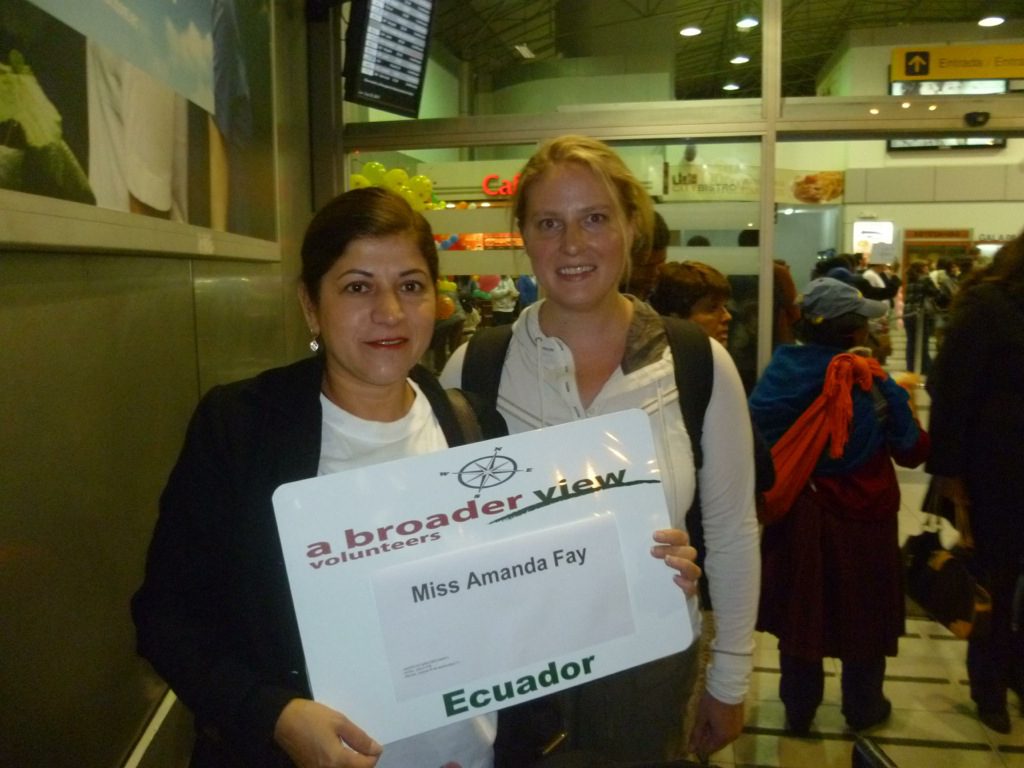
Well known, established volunteer organizations will have many reviews online to read through. You can often find reviews directly on the organization’s website, or there are many volunteer review websites that contain thousands of volunteer reviews, such as GoAbroad.com and AbroadReviews.com.
Read through as many as you can to get a sense of what your experience what might be like, and what sort of problems past volunteers may have had. Here are some things to keep in mind:
Read online reviews seriously – Pay close attention to what reviewers are saying. They cover a wide range of areas, and it is to your benefit to carefully examine what has been written. Try to read as many different reviews as possible.
Listen to volunteers – Don’t just read reviews written by the organization itself or by media outlets. Read reviews that have come directly from volunteers, because it will be the best source for finding out what life is like as a volunteer abroad, as for video reviews.
Don’t expect to only see positive reviews – It’s impossible for an organization to have only positive reviews. There will always be someone with something negative to say, or who just didn’t have the experience they wanted to have. It’s important to read both positive and negative reviews, so that you have a well-rounded understanding of how the organization works.
Observe how the organization responds to negative reviews – First, see if they even respond to negative reviews. How do they respond? Are they understanding and apologetic, or do they blame the volunteer? This can say a lot about an organization’s professionalism and overall attitude toward volunteers.
The reviews should be mostly positive – You want to work for an organization whose reviews are largely positive. If they have a lot of positive things to say about themselves on their website, their volunteer’s reviews should reflect all those positive things. And compare with Video reviews form Youtube, Vimeo and other platforms.
5. Can You Get Past Volunteer References?
Another good way to find out what the best volunteer abroad organizations are is to email past volunteers. Ask several different organizations for the contact information of at least 3 past volunteers, especially ones that have volunteered with the project you are most interested in.
Establish connections with them and ask them specific questions as they may not have much time to answer all your questions, so read the reviews and the website before you email the alumni. Most likely, they’ll be happy to share their experience with you if they have time! It’s also a good idea to check their Facebook or other social media profile for pictures from their volunteer abroad experience.
6. Are They Committed To A Local Or Ethical Cause?
Volunteer organizations should be focused on making a difference in their host countries.
Are they committed to their projects?
You know it’s a good organization if their projects target the biggest needs of the local communities.
Do they support local projects?
They should be working with local NGOs and businesses to better the local community.
Use your intuition.
If you get the sense that the organization is only interested in making money for themselves, don’t volunteer with them. They should be a not-for-profit organization.
After doing research on your own, it’s time to begin communication with a volunteer organization. You’ll immediately get to see what type of organization they are by how quickly they respond and how welcoming they are towards you. Send them an email, call them or chat online and introduce yourself.
You should receive a response within the same day. Take care to observe how they respond – are they professional? Helpful? Fast to answer? Many ways to communicate with them? Start by visiting this website: https://www.abroaderview.org

